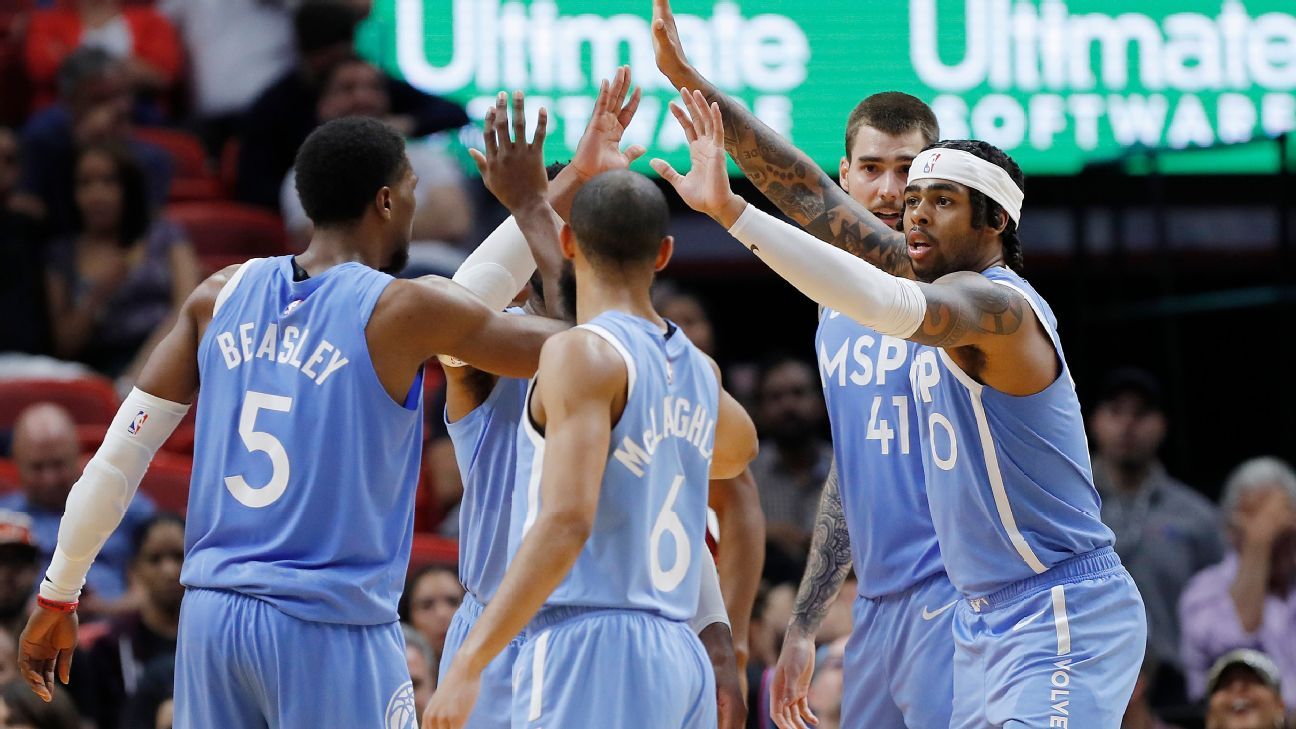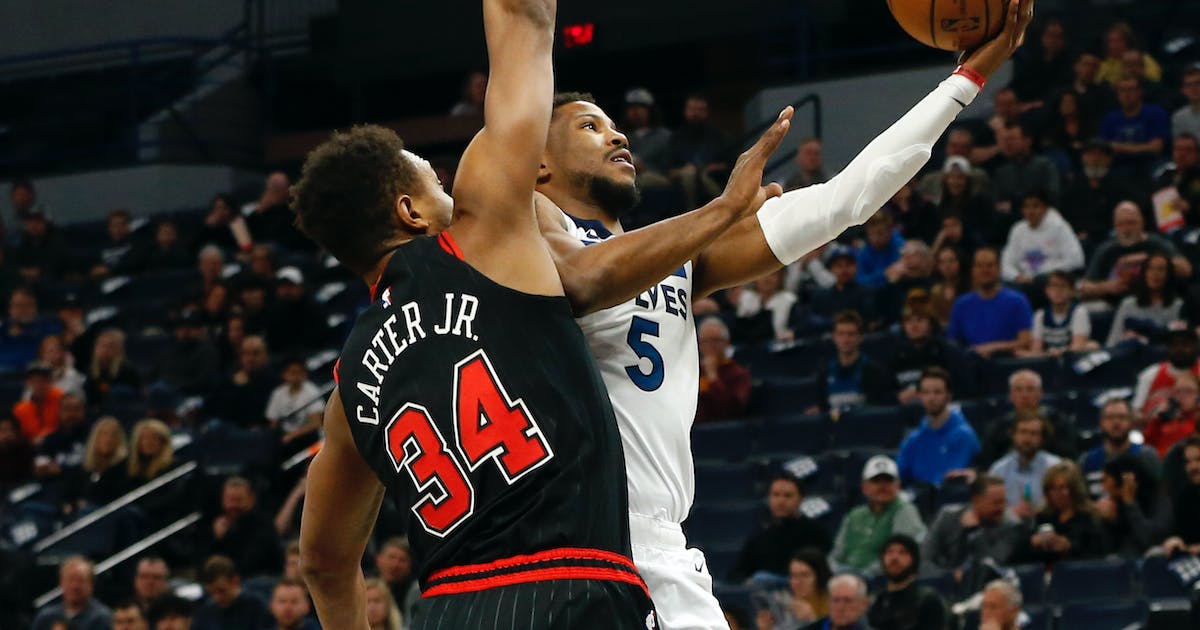STrib: Timberwolves helping players maintain their mental and emotional fitness, too
The physical challenge the Wolves have addressed. They have sent players exercise equipment, given them workout routines they can do from home and helped players find living quarters that include basketball courts where they can at least take a ball and shoot. That has been important because Rosas estimated 70-80% of the team is still in Minnesota.
But just as important, if not more so, than the physical aspect, is making sure players are healthy from a mental standpoint. It’s something that hasn’t been easy since the NBA suspended its season March 11.
“These are young people that are in the throes of a really traumatic time,” said Sikka, who told the team this will be their generation’s 9/11, a landmark event they will remember where they were when it began. “Everybody has to absorb information in the ways that they are built … Everybody has different things that motivate them, that cause fear and we can’t communicate with each player the same. We’ve got to make sure that we tailor what we do to the individual and give them the sense that they’re the priority.”
To do that, the Wolves have been leaning on the expertise of Sikka; Gregg Farnam, the team’s longtime head athletic trainer; and Justin Anderson, the team psychologist. Anderson has been doing video check-ins with players to help them cope with the psychological aspect of not playing a sport they love and of the concerns they might have being alone or concerns about their family.
“When people get pulled out of the thing that makes them ‘them,’ they have some shifts in their identity,” Anderson said. “Who am I? Without this sport, who am I? And a lot of these guys haven’t had to answer that because they’ve been in this sport 24-7. So it can really impact you from a psychological perspective.”
Anderson said he has told players he sees the pandemic playing out in four stages from a psychological standpoint.
The first has passed — the uncertainty around the season and what the government response to the virus would be. The second is what everyone is going through now, the “isolation” phase.
“Guys are really bored,” Anderson said. “And that boredom, combined with isolation, it’s a new thing for folks.”
The Wolves are supporting players the best they can.

www.startribune.com
Howl Wolves!!












